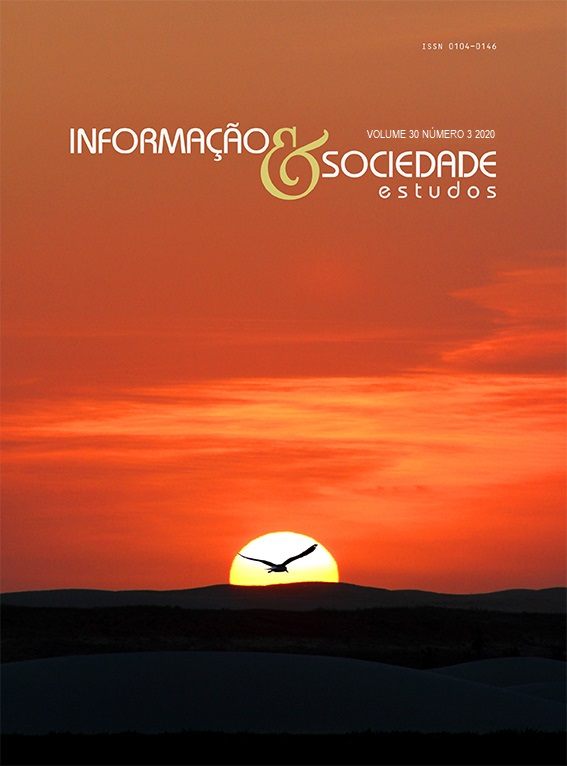The refusal of scarcity: the universalization of the school library and the tension between digital materiality and the Copyright Law
DOI:
https://doi.org/10.22478/ufpb.1809-4783.2020v30n3.52339Abstract
The objective of this study is to improve the demand for the flexibility of the reproduction rights of digital objects, by expanding the possibilities of applying Brazilian law number 12.244/10, which aims to the universal coverage of the school library. To do this, we contrasted the empirical results of two studies: the Common Library Project, which implements Open Educational Resources (OER), as an alternative to aggregate the collection of school libraries, in the collection of the State University of Londrina, and in the Anonymous Library, which seeks to know the collection of digitized books, by communities of users on the deep web. The first project, perfectly legal and guaranteed by open permissions directly attributed by its authors, demonstrates a prodigious possibility of increasing the collection of school libraries, even in settings of precarious or nonexistent access to the Internet. The second, made impossible by the Brazilian Copyright Law (LDA) to circulate its collection, shows empirically, however, an lively community organization that works with the sharing of digitized books, showing the poignancy and vitality of the library, without meaning to be an institution so strongly linked to Western life, that its ontological power is imposed, regardless of the legal ties imposed by the surroundings. Both studies, therefore, suggest that those efforts promoted by Law 12.244 /10 should include, in their set of public policies, the loosened of the LDA, to make legal the copying of digital documents, so that they can increase the collection of school libraries.
Keywords: Law 12.244 / 10. Copyright Law. Digital materiality.
Downloads
Metrics
Published
How to Cite
Issue
Section
License
Os originais aceitos e publicados tornam-se propriedade de INFORMAÇÃO & SOCIEDADE, sendo vedada sua reprodução total ou parcial, sem a devida autorização da Comissão Editorial, exceto para uso de estudo e pesquisa.






